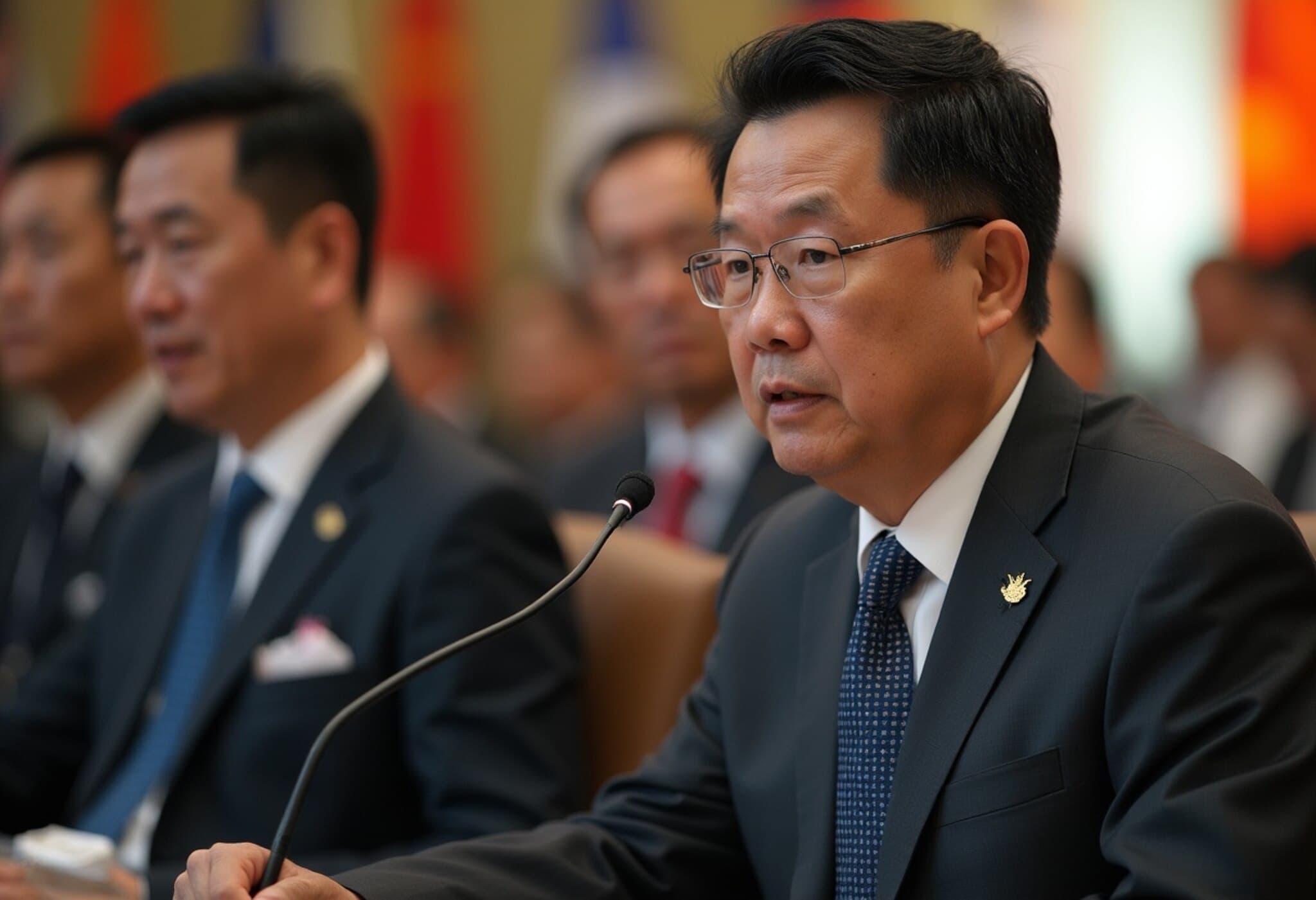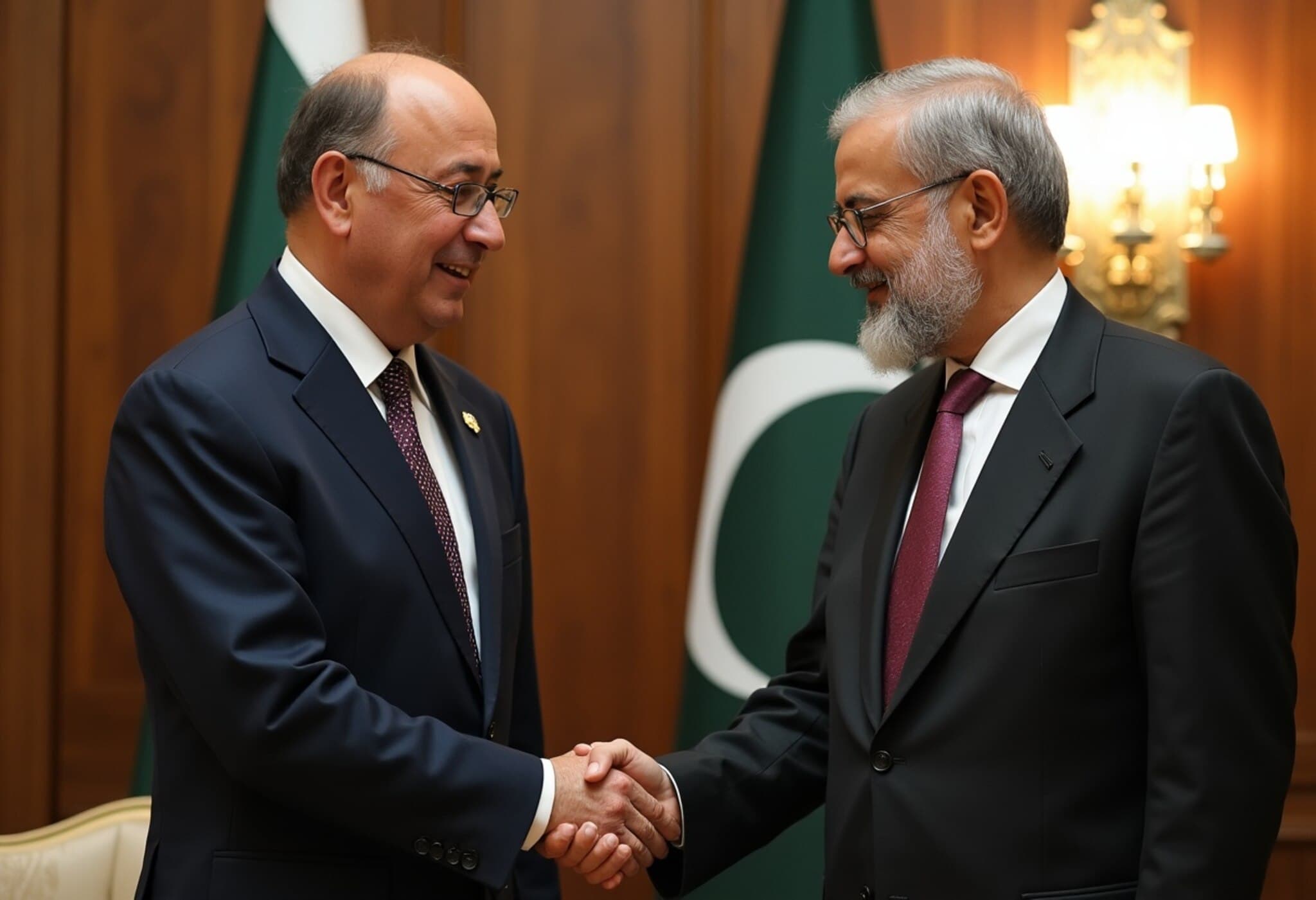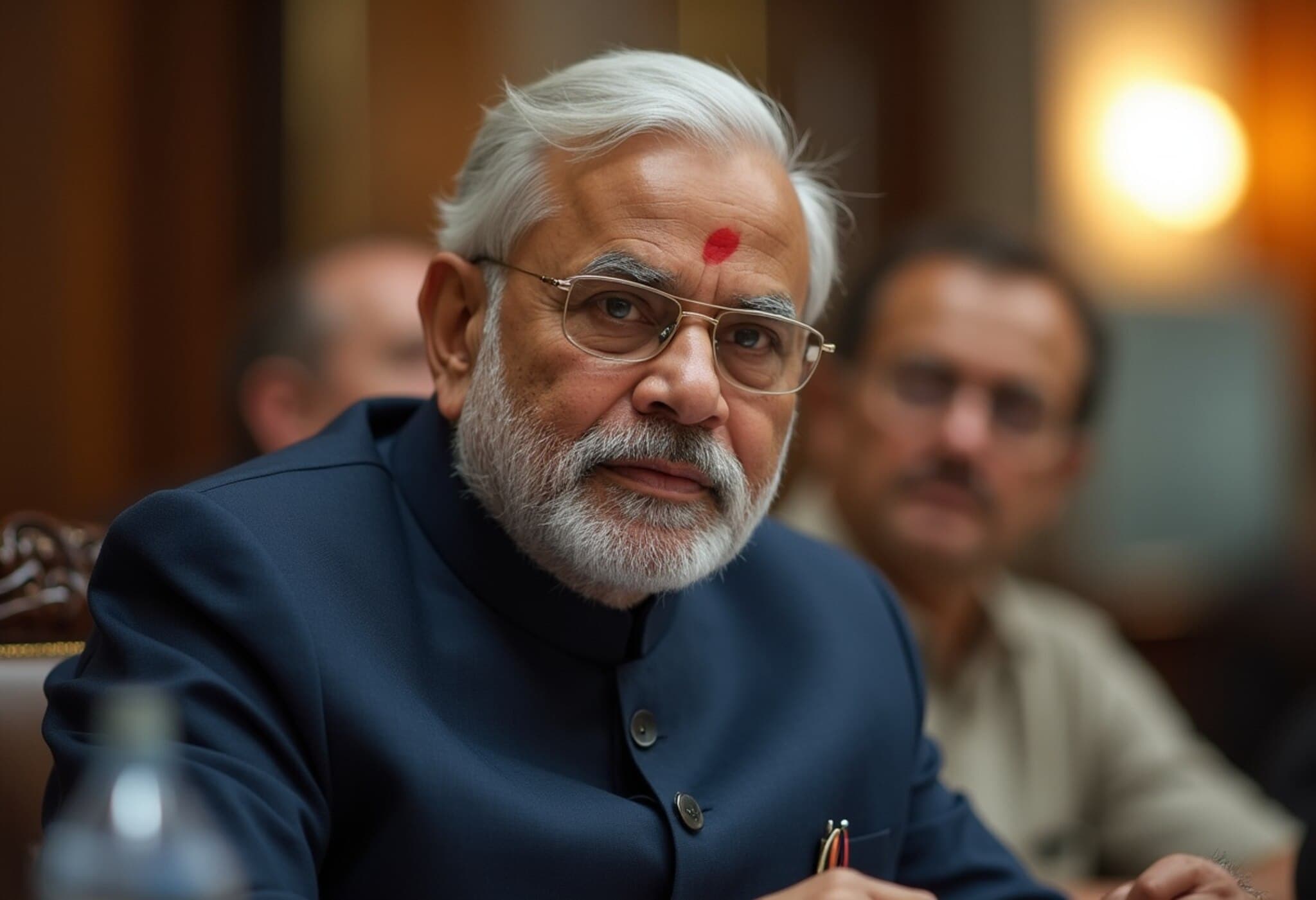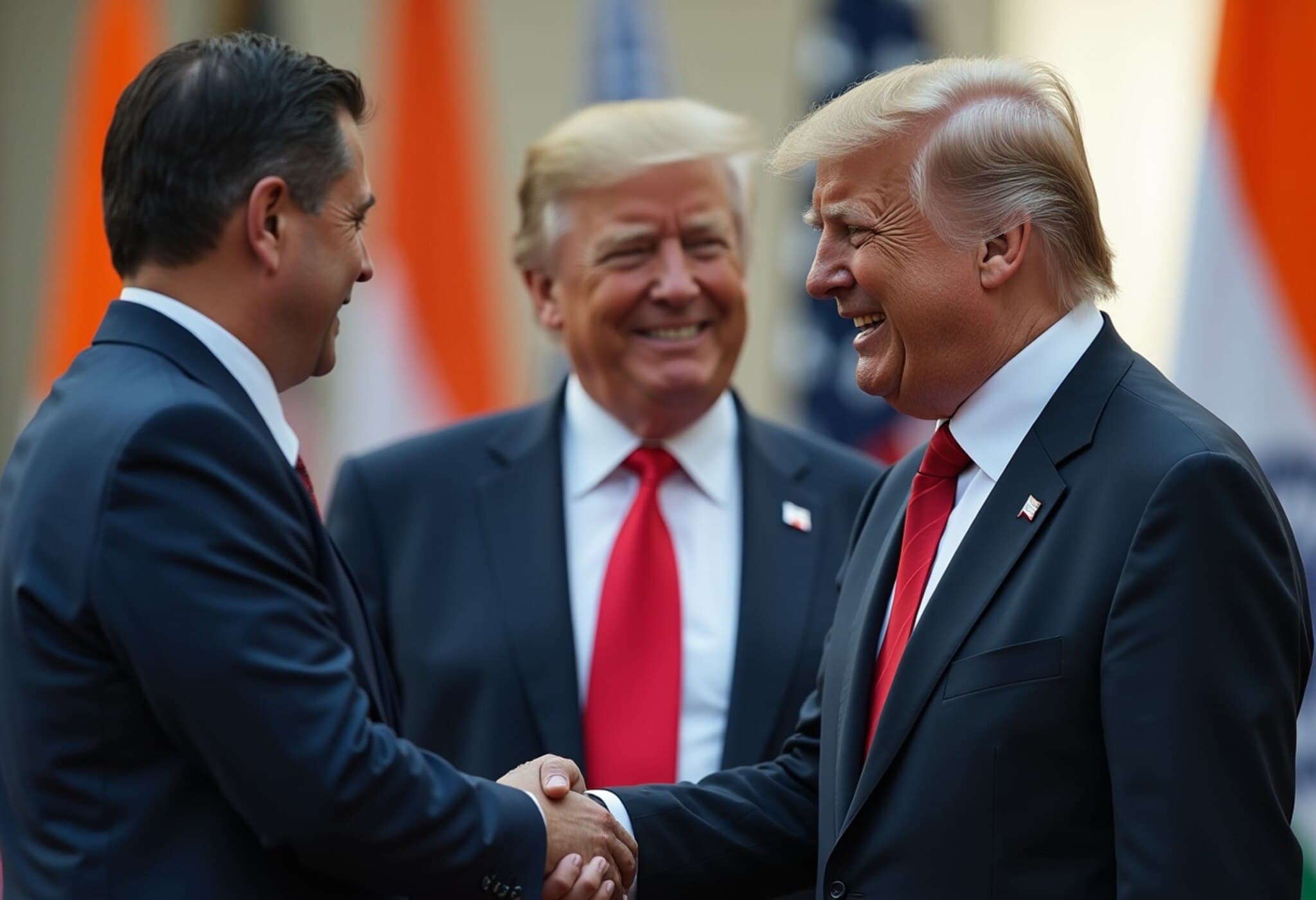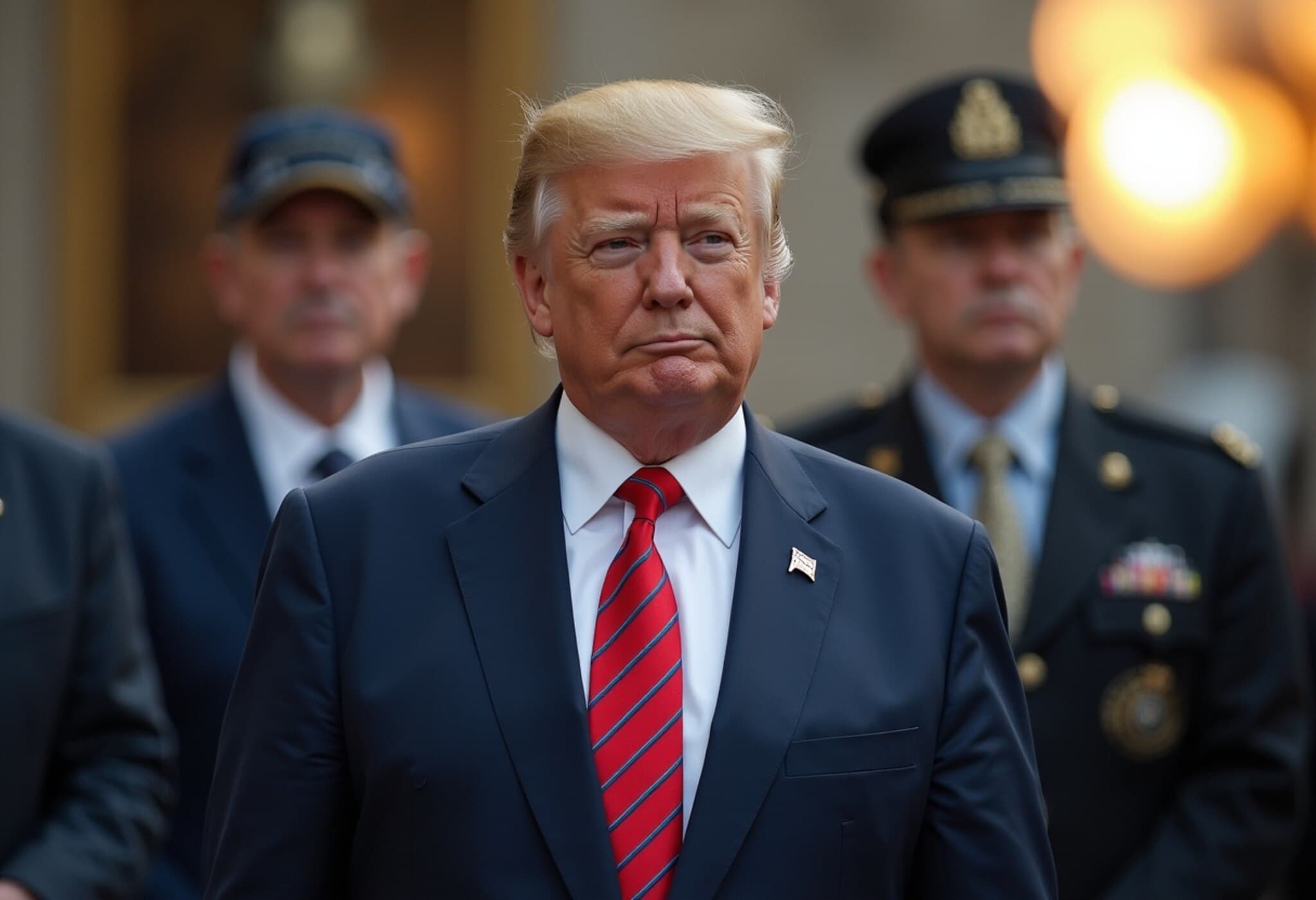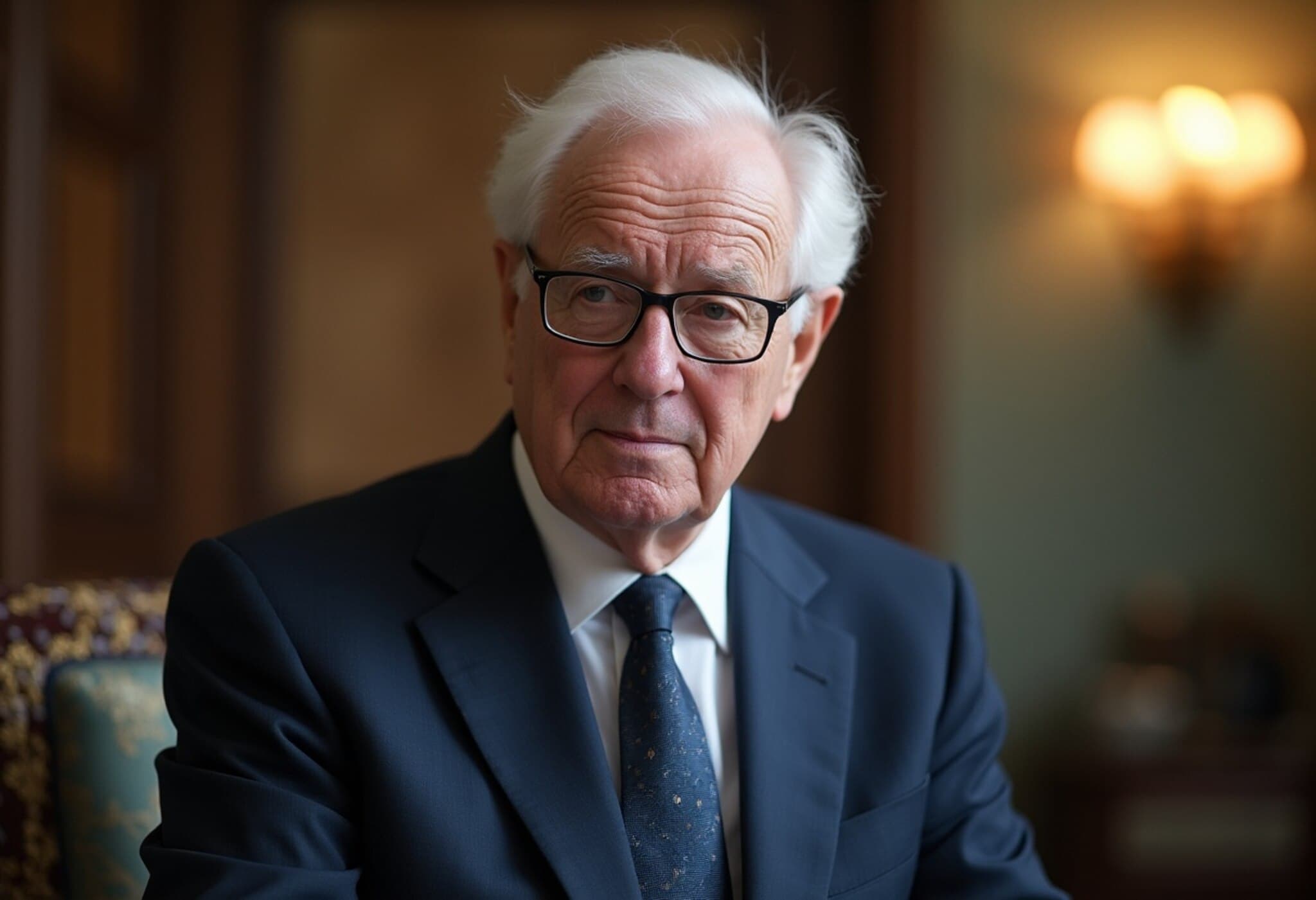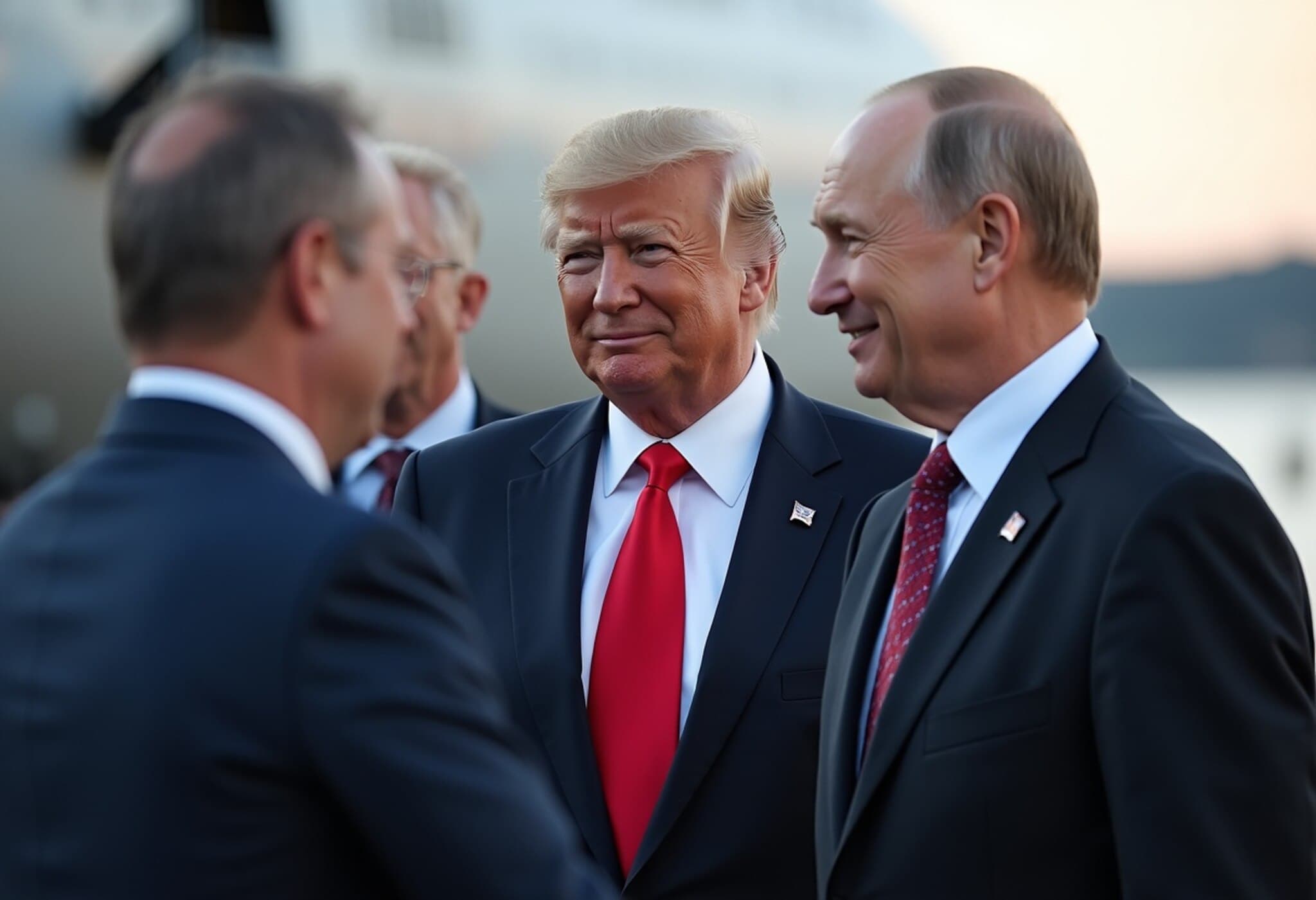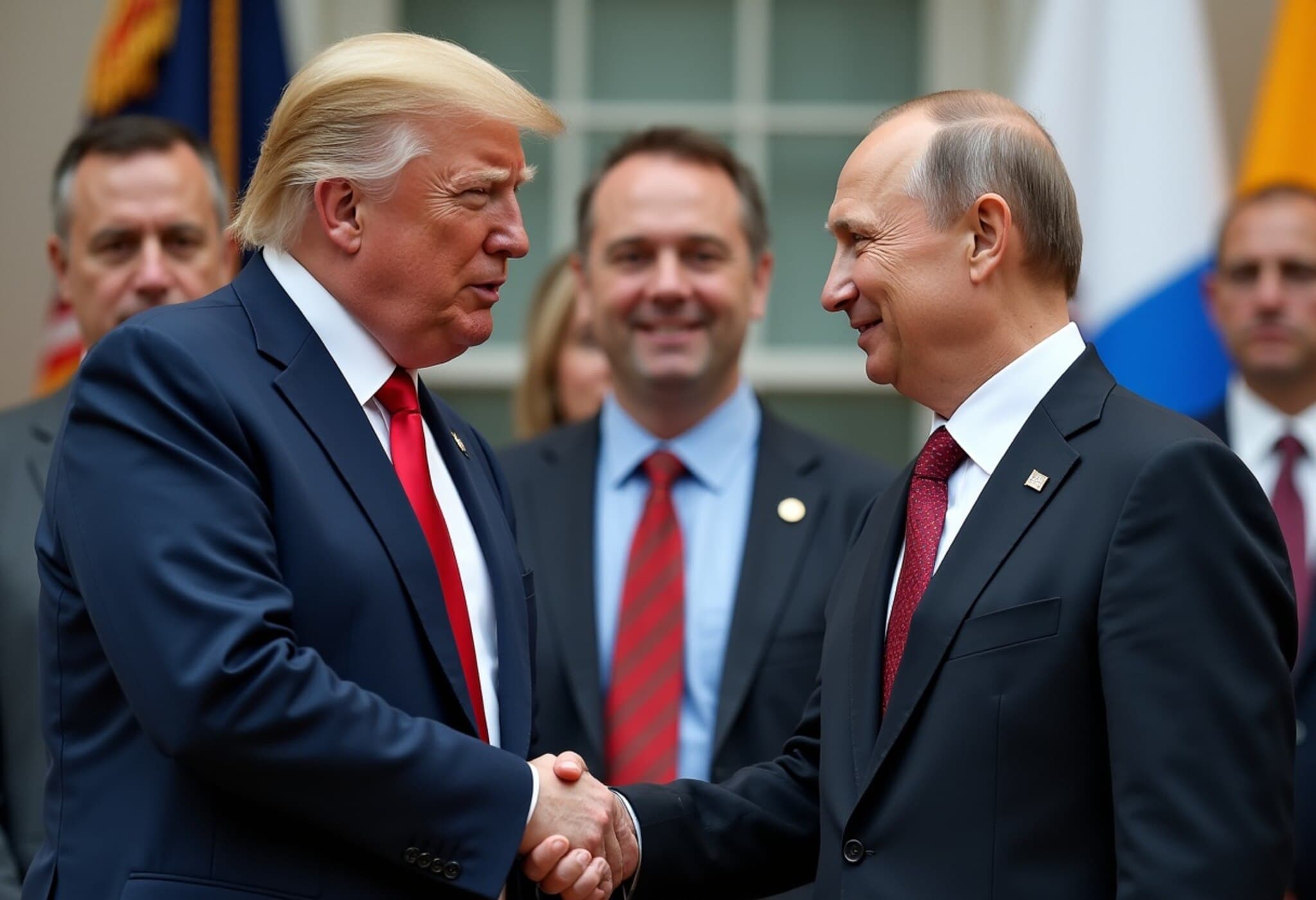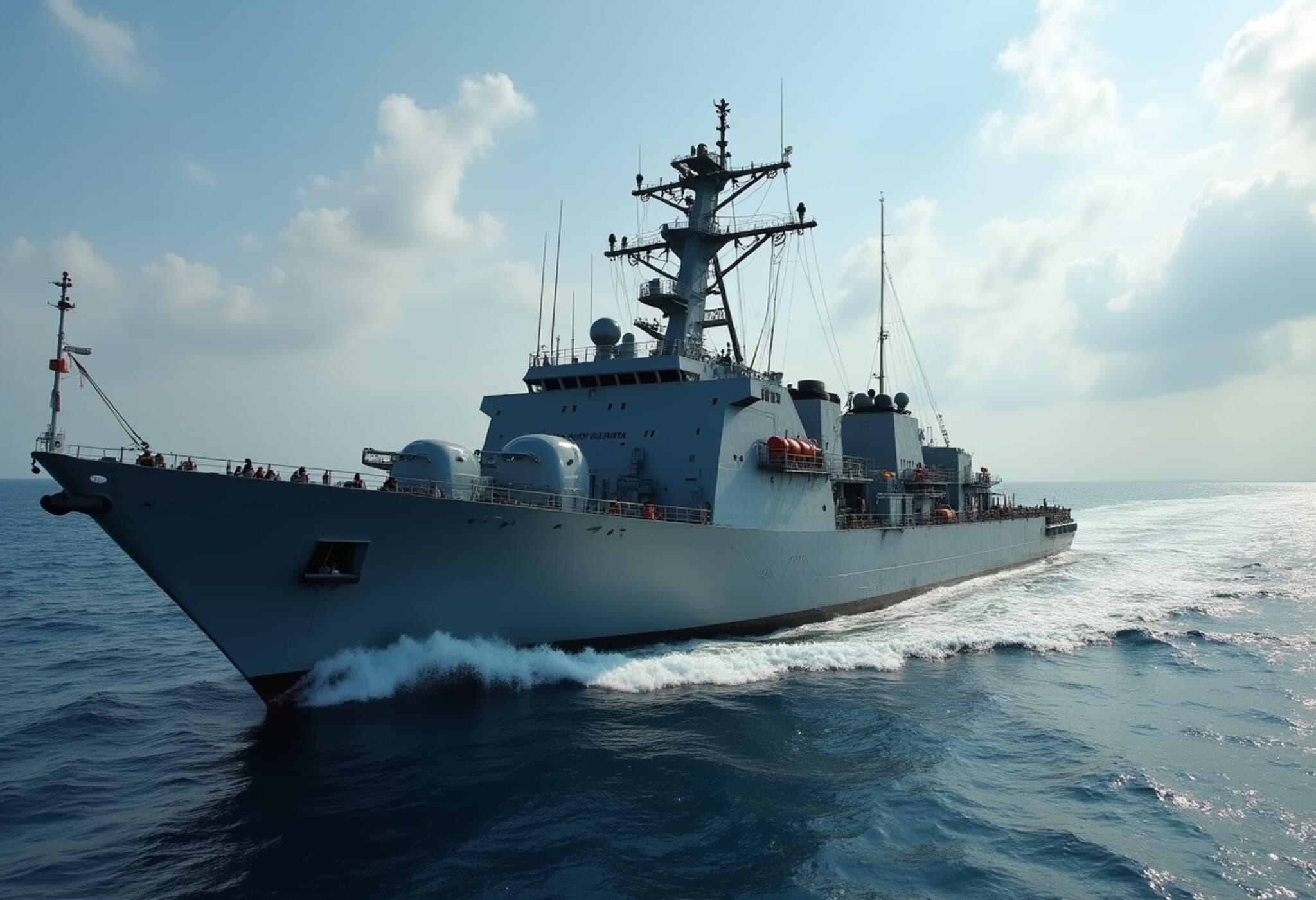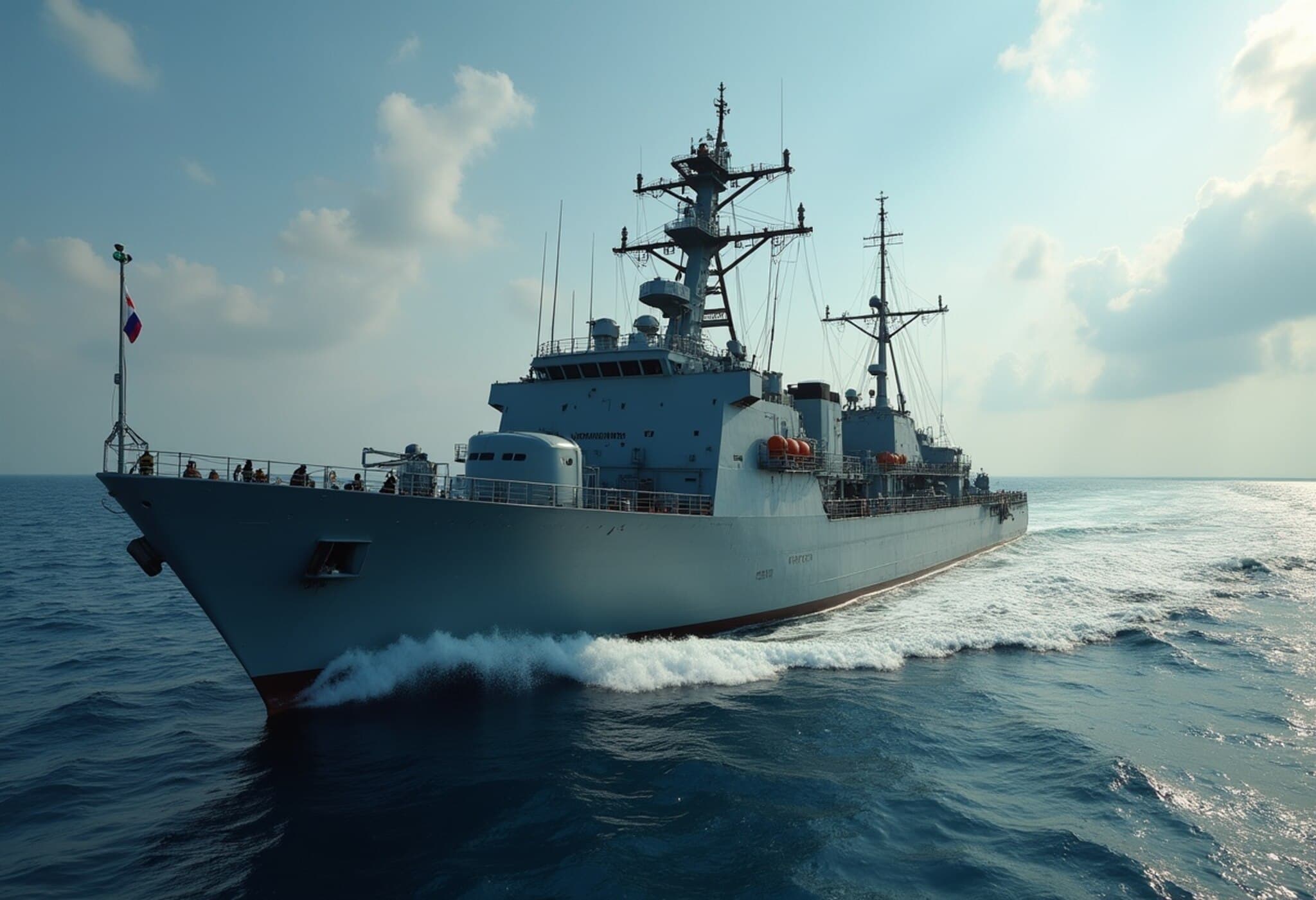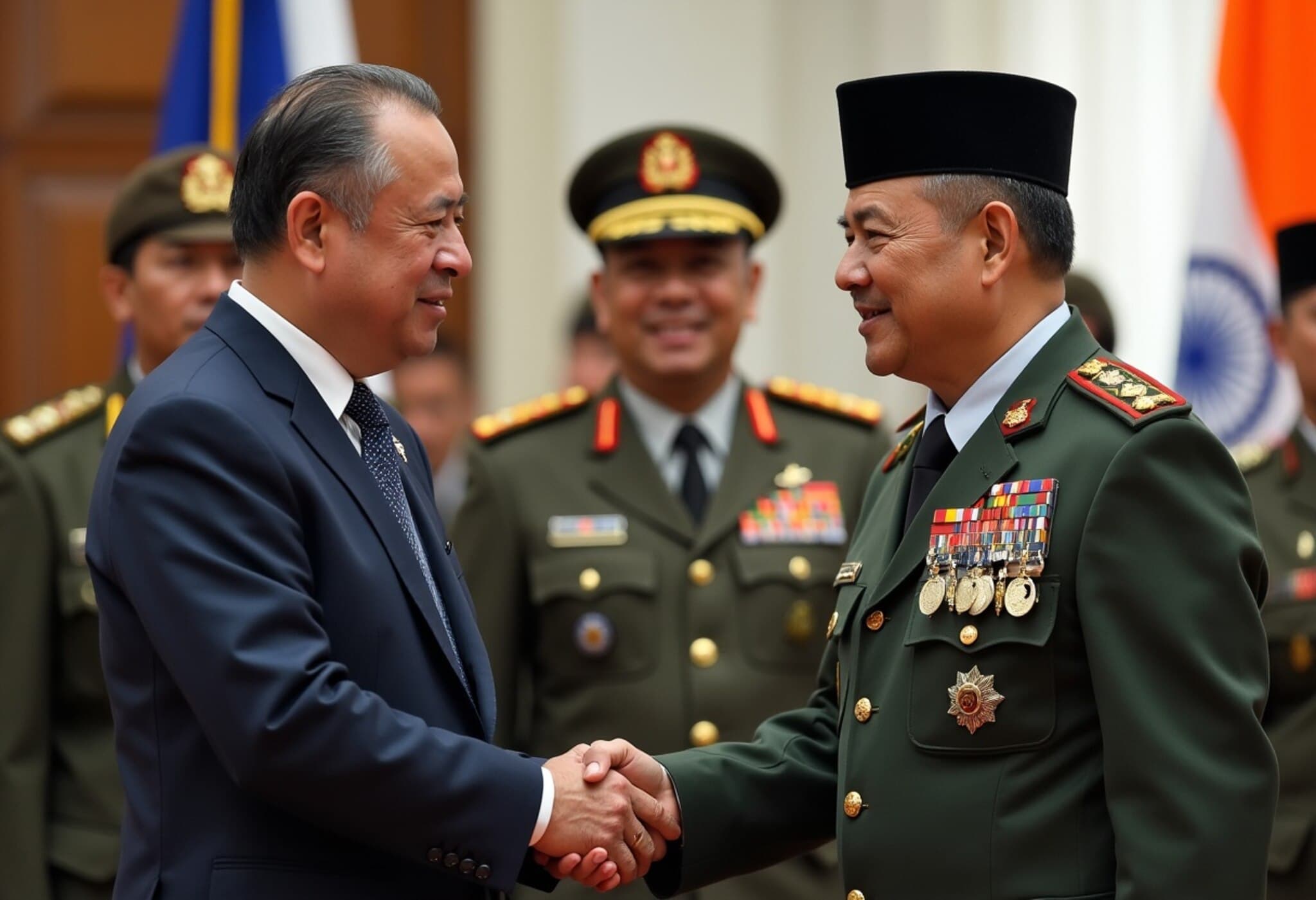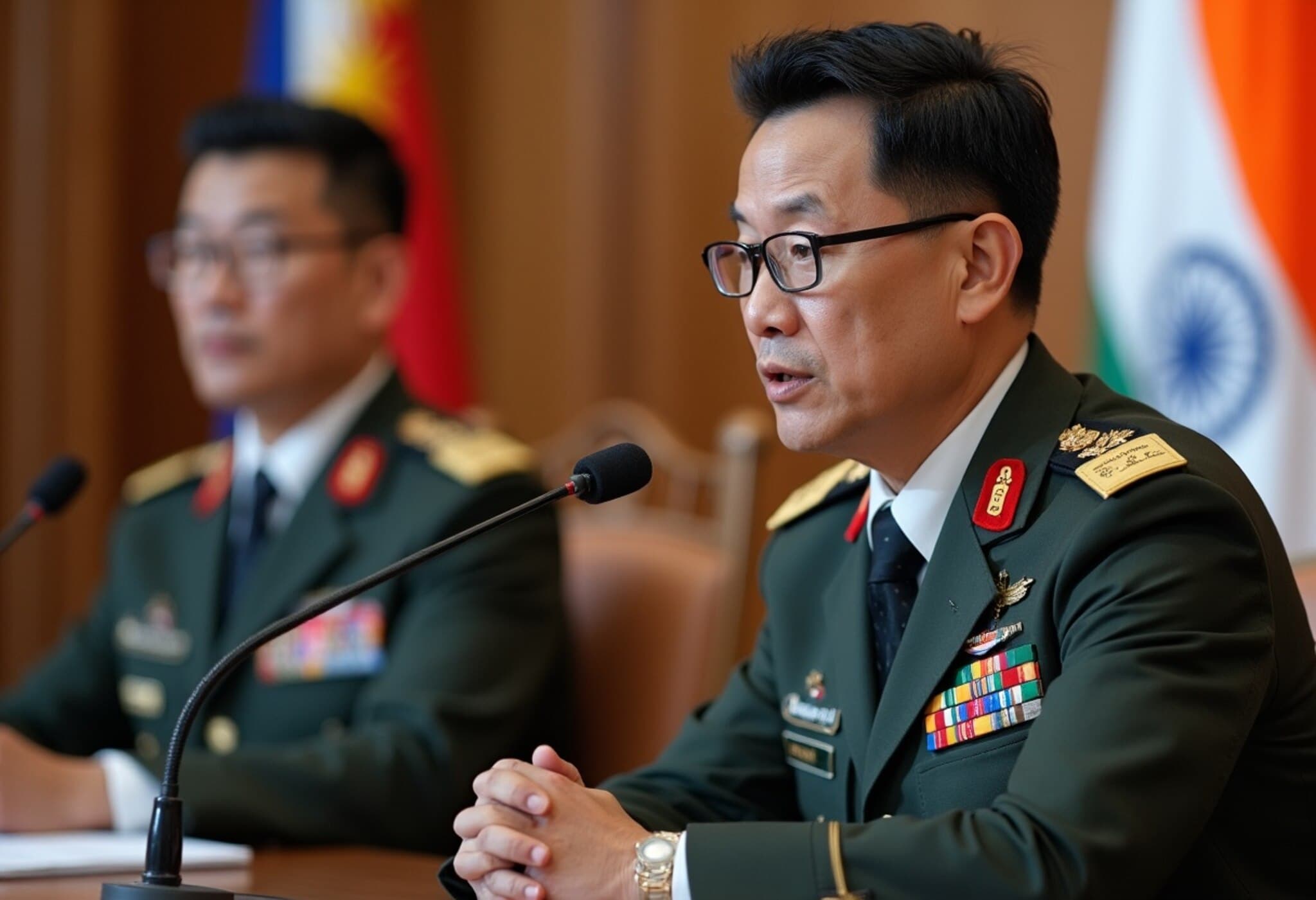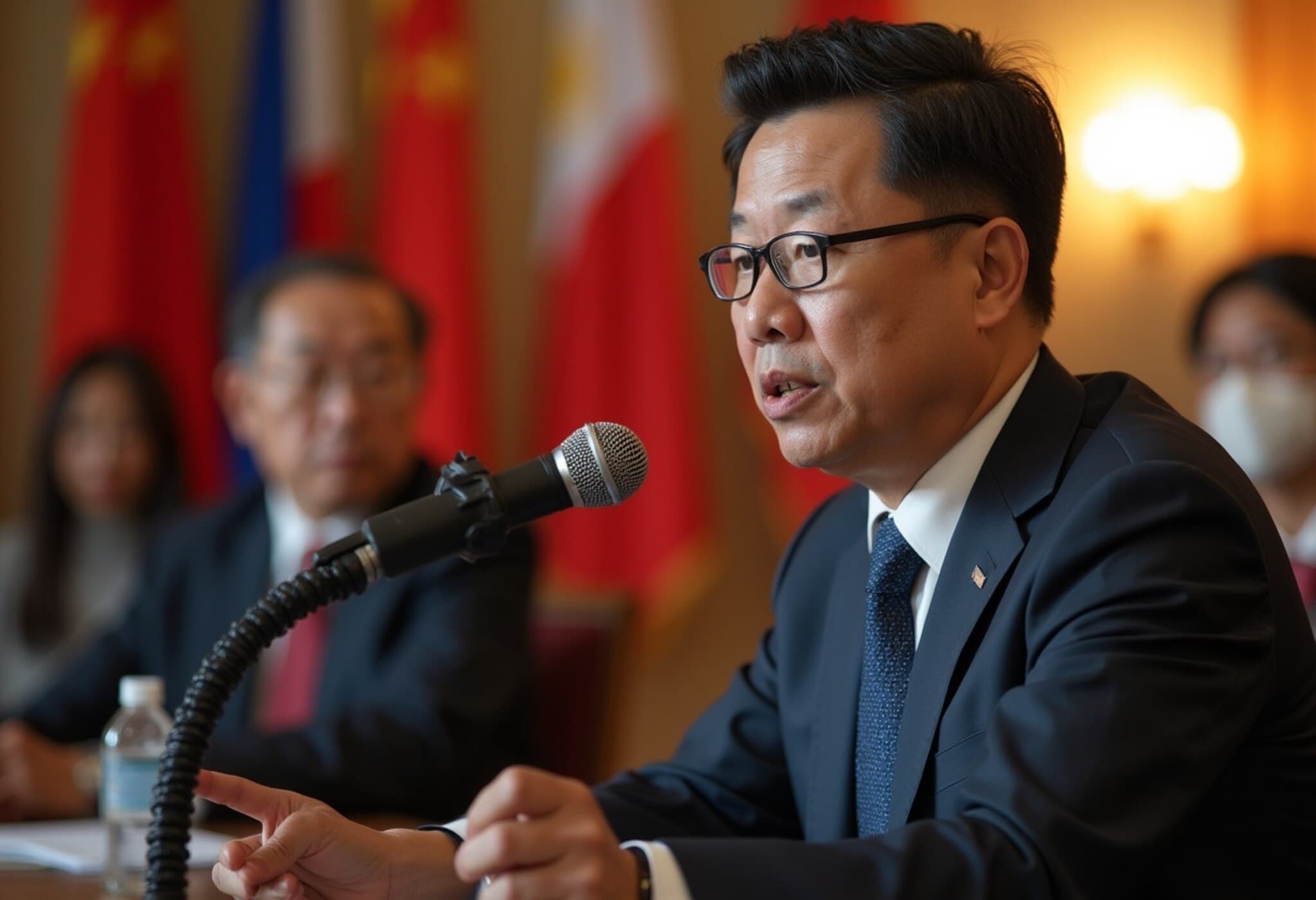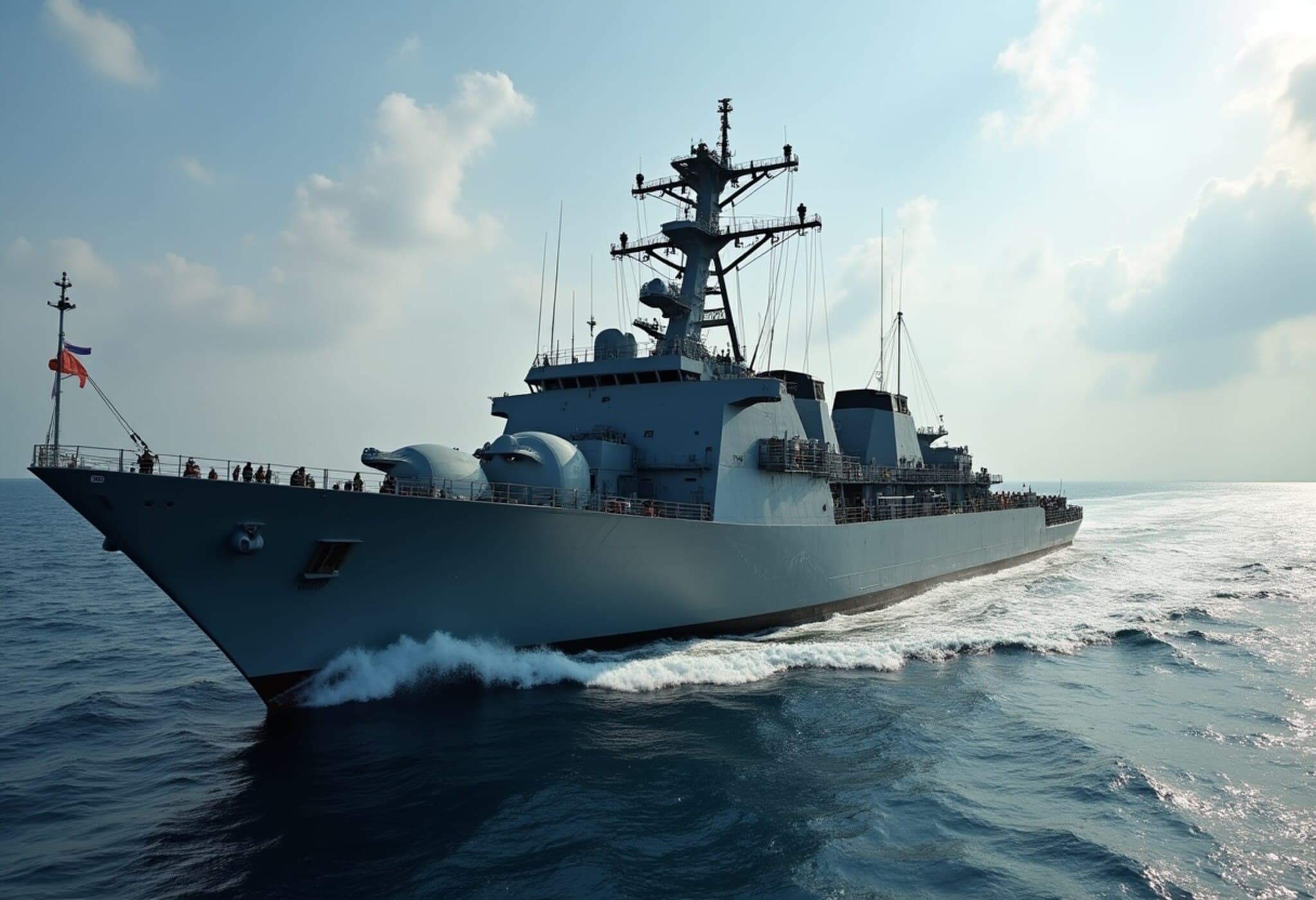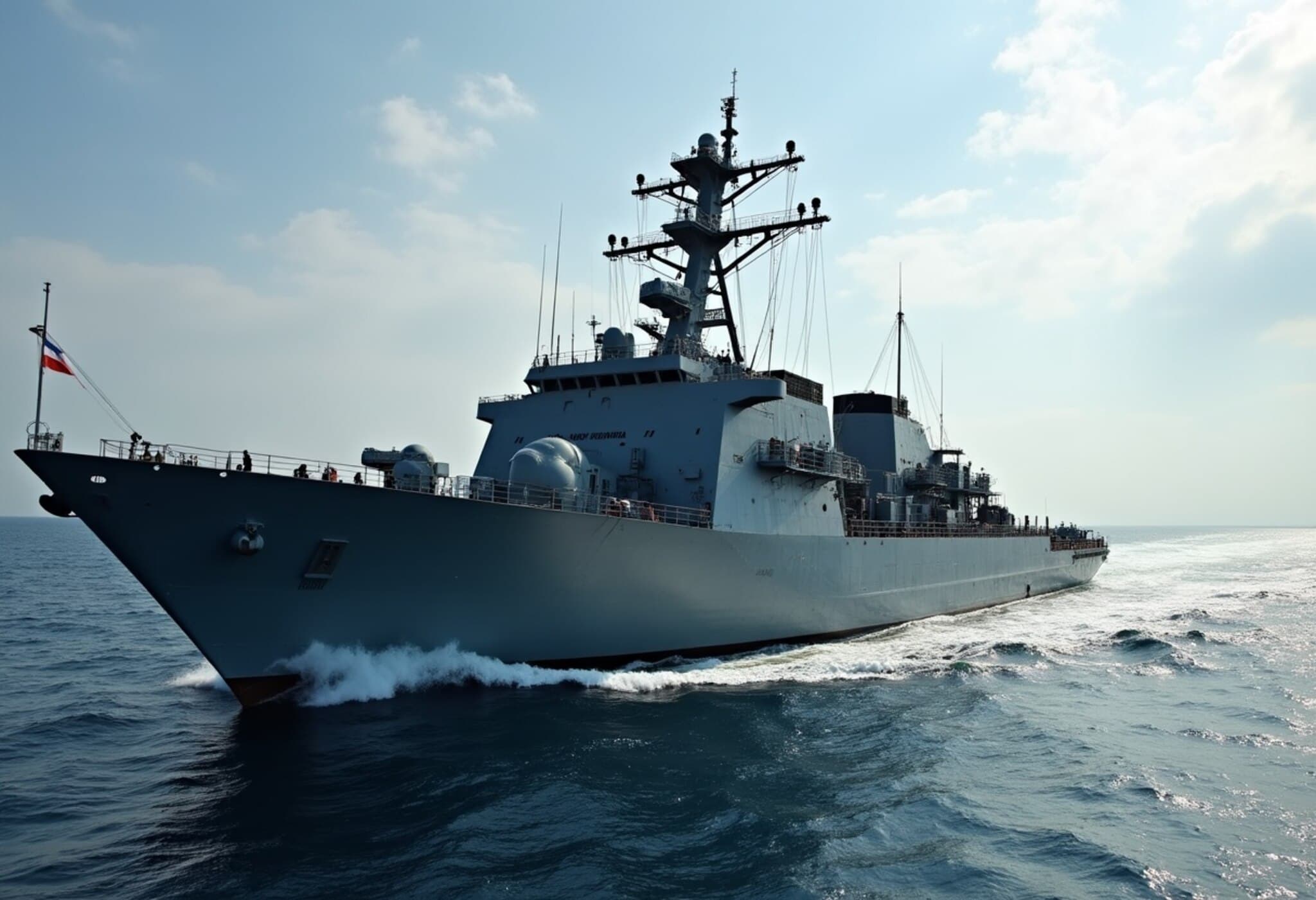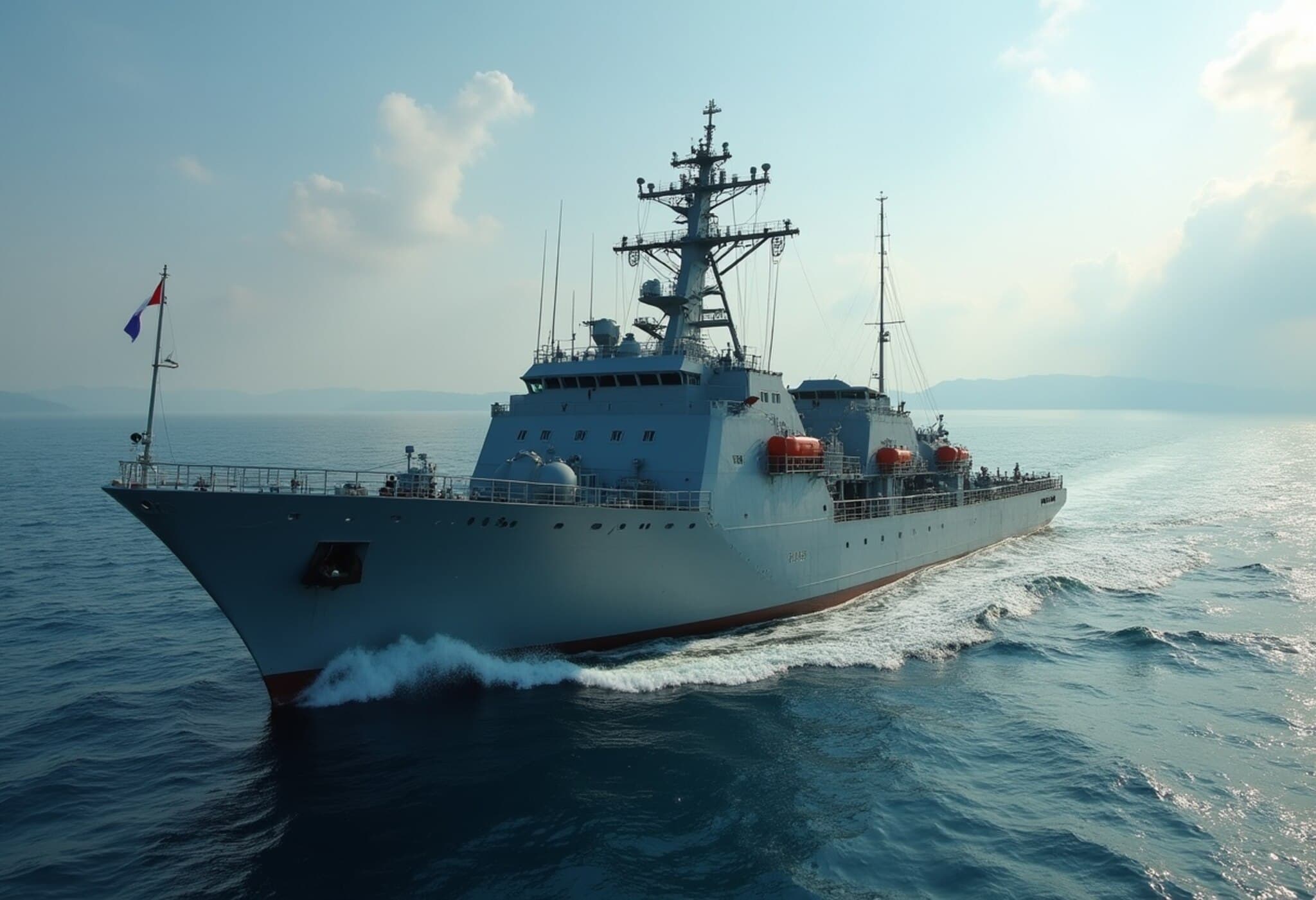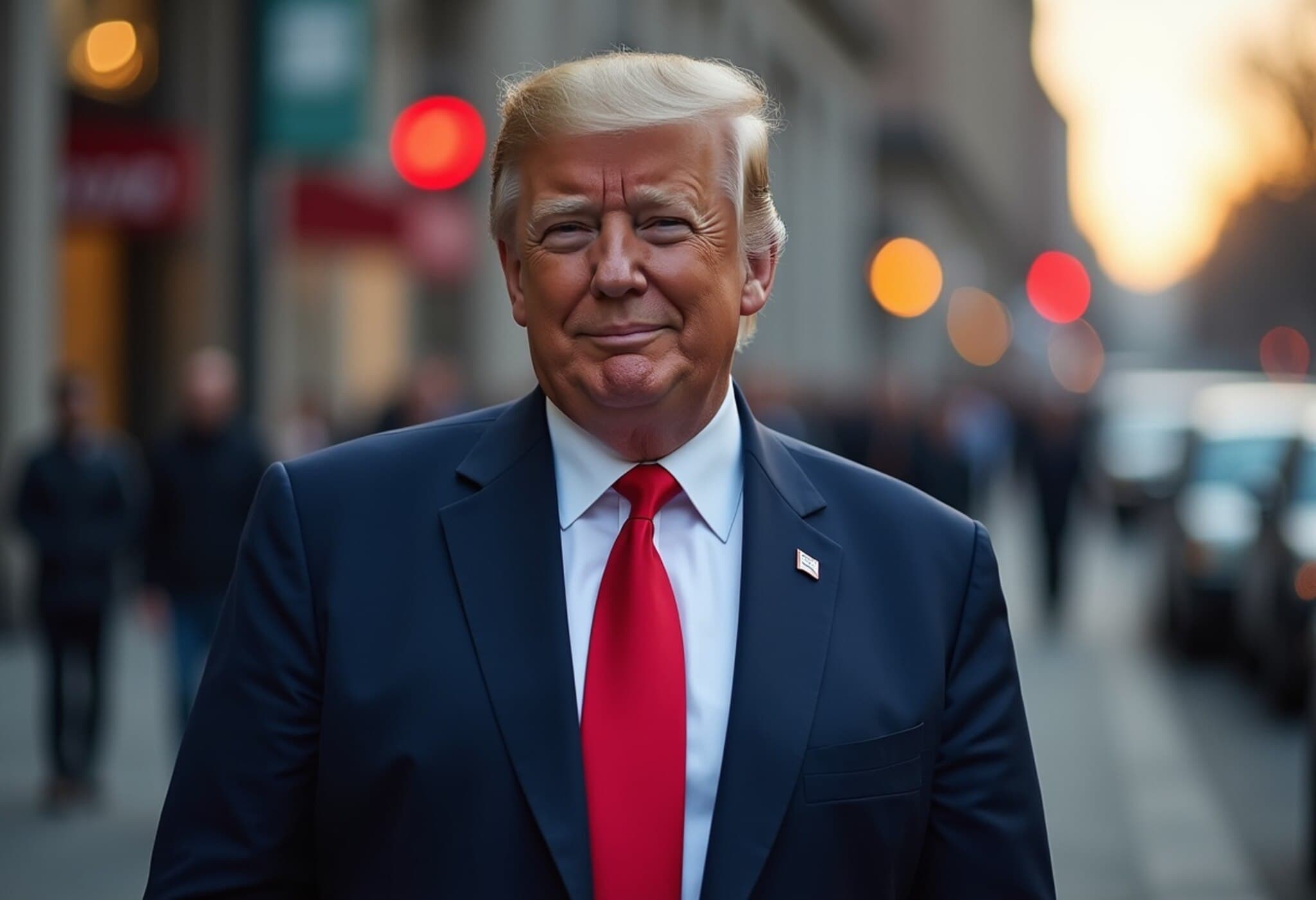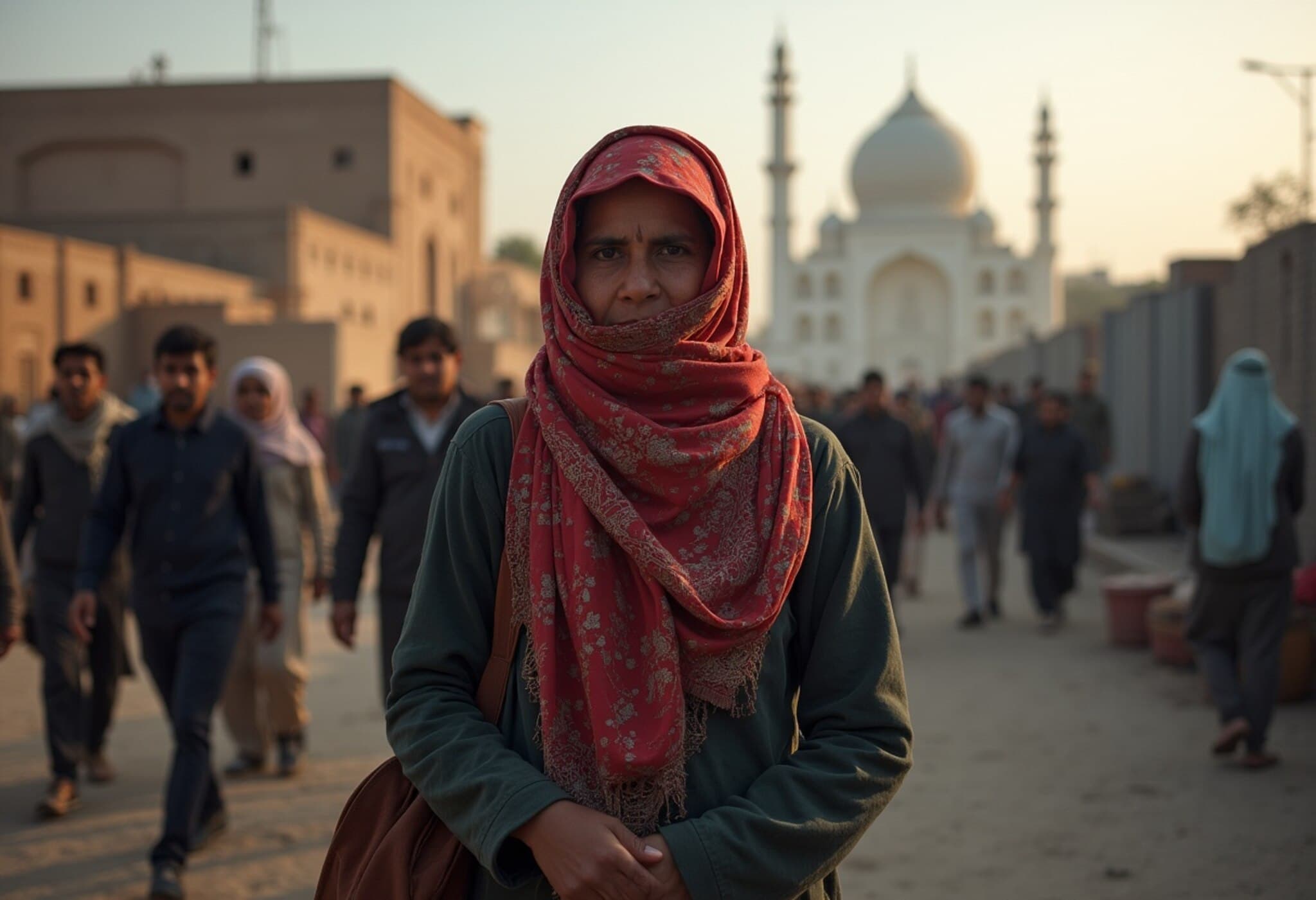Philippines President Bongbong Marcos Calls for United Front Against China’s Maritime Assertiveness
During a significant visit to India, Philippines President Ferdinand “Bongbong” Marcos Jr. emphasized the urgency for a global coalition of like-minded nations to address escalating territorial disputes stirred by China's assertive maneuvers in sensitive maritime regions, particularly in the South China Sea. In a candid interview with Firstpost, Marcos stressed that while the Philippines is "not preparing for war but ready to defend", any attempts to unilaterally change established maritime boundaries must face robust opposition.
Modernizing Defense Aligned to Emerging Threats
Marcos outlined a forward-looking defense strategy centered on modernization and technological advancement. "Everything is on the table when it comes to the modernization of our military," he said, reflecting pragmatic responsiveness to evolving regional security challenges. The Philippines has notably become the first international buyer of India’s BrahMos supersonic cruise missile system in 2022, signaling a deepening defense relationship with India.
Highlighting his government's openness to further Indian defense technologies, Marcos indicated ongoing evaluations of suitable capabilities to bolster the nation’s deterrence power amid persistent tensions in contested waters.
Elevating India-Philippines Ties: Strategic Partnership Forged
In a landmark diplomatic development, Prime Minister Narendra Modi and President Marcos officially elevated ties to a Strategic Partnership during the visit. Both leaders agreed to accelerate negotiations for a Preferential Trade Agreement (PTA), which is expected to enhance bilateral trade and economic cooperation.
Economic Synergies and People-to-People Links
The economic relationship between India and the Philippines is on a robust trajectory. Bilateral trade reached approximately USD 3.5 billion in 2023-24, encompassing key sectors like IT, pharmaceuticals, textiles, infrastructure, and agriculture. Moreover, Indian companies continue to expand their footprint in the Philippines, fostering important commercial and cultural ties.
Prime Minister Modi announced a reciprocal visa policy: India will now offer free e-visas to Filipino tourists, reciprocating the Philippines' visa-free entry for Indian nationals. This move aims to further strengthen people-to-people contacts and tourism.
Geopolitical Context & Regional Implications
The Philippines’ call for a coalition comes amid mounting international concern over China’s expansive maritime claims under the “nine-dash line,” which many nations, including the U.S. and ASEAN members, contest as illegal. The South China Sea is a crucial strategic corridor connecting global trade routes worth trillions of dollars annually. Hence, Manila's proactive stance highlights an emerging front where smaller regional powers seek to balance China’s influence by forging partnerships with democracies like India, Japan, Australia, and the United States.
From a U.S. policy angle, this development aligns with Washington’s Indo-Pacific strategy, which encourages regional allies to enhance collective security frameworks while maintaining freedom of navigation and peaceful dispute resolution.
Underreported Narratives and Critical Questions
- While Marcos signals openness to Indian defense systems, what impact will this have on the Philippines’ traditional military ties with the United States?
- How might this Strategic Partnership influence ASEAN’s united stance on South China Sea disputes?
- Could this evolving triangle of India-Philippines-U.S. cooperation reshape regional trade and security architecture in the coming decade?
Looking Forward: National Security and Regional Stability
President Marcos’ firm commitment to national defense—"It is my duty to defend the country"—reflects a broader awakening among Southeast Asian nations about the need for self-reliance without provoking unnecessary conflict. His stance epitomizes the delicate balance countries in the region are striving for: asserting sovereignty while maintaining diplomatic channels.
Editor’s Note
The elevation of India-Philippines ties against the backdrop of China's maritime assertiveness is a pivotal development, underscoring how middle powers are recalibrating their strategic partnerships to safeguard sovereignty and regional stability. For analysts and policymakers, the Philippines’ embrace of Indian defense collaboration — particularly the BrahMos missile — signals a diversification in military partnerships beyond traditional allies.
This story invites readers to consider: In a multipolar Indo-Pacific, how will coalitions of like-minded nations balance deterrence with diplomacy? And how will emerging partnerships influence the long-term peace and prosperity of the region's billions of inhabitants?

